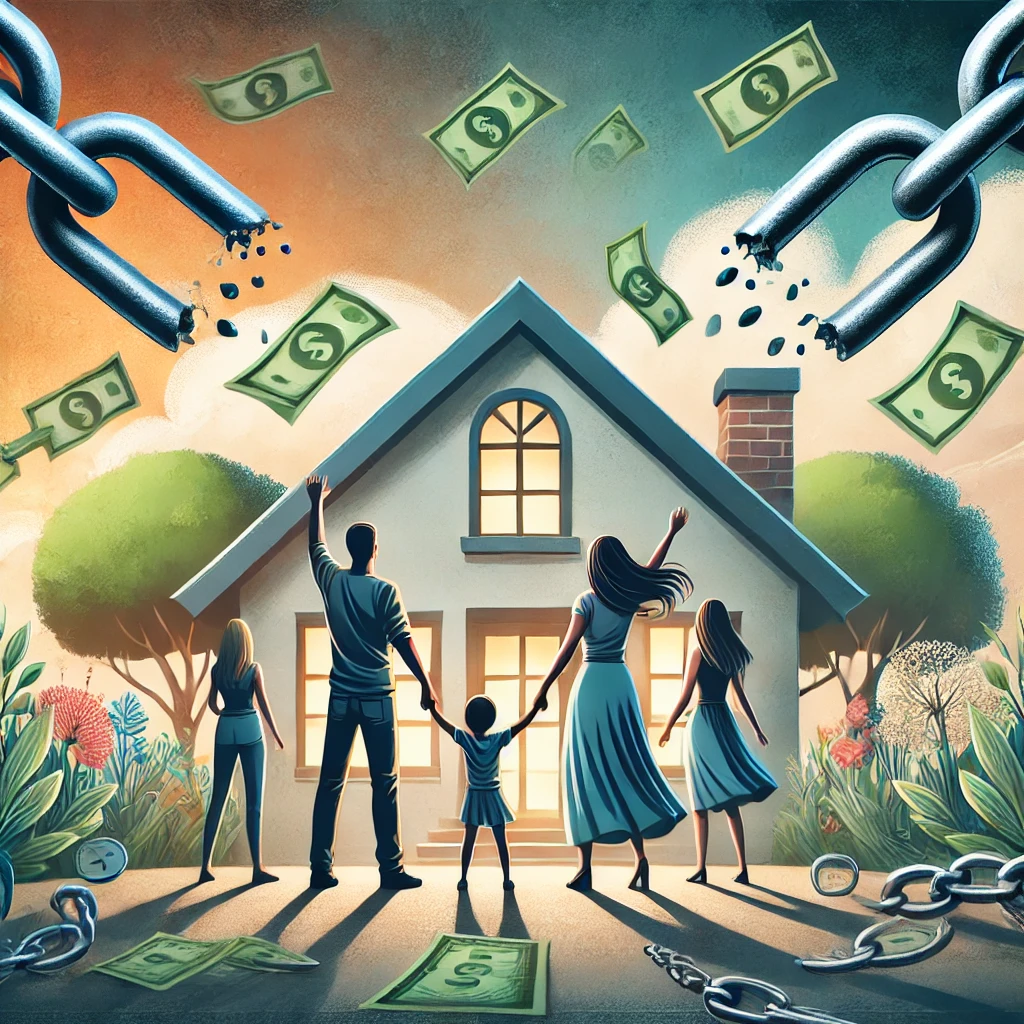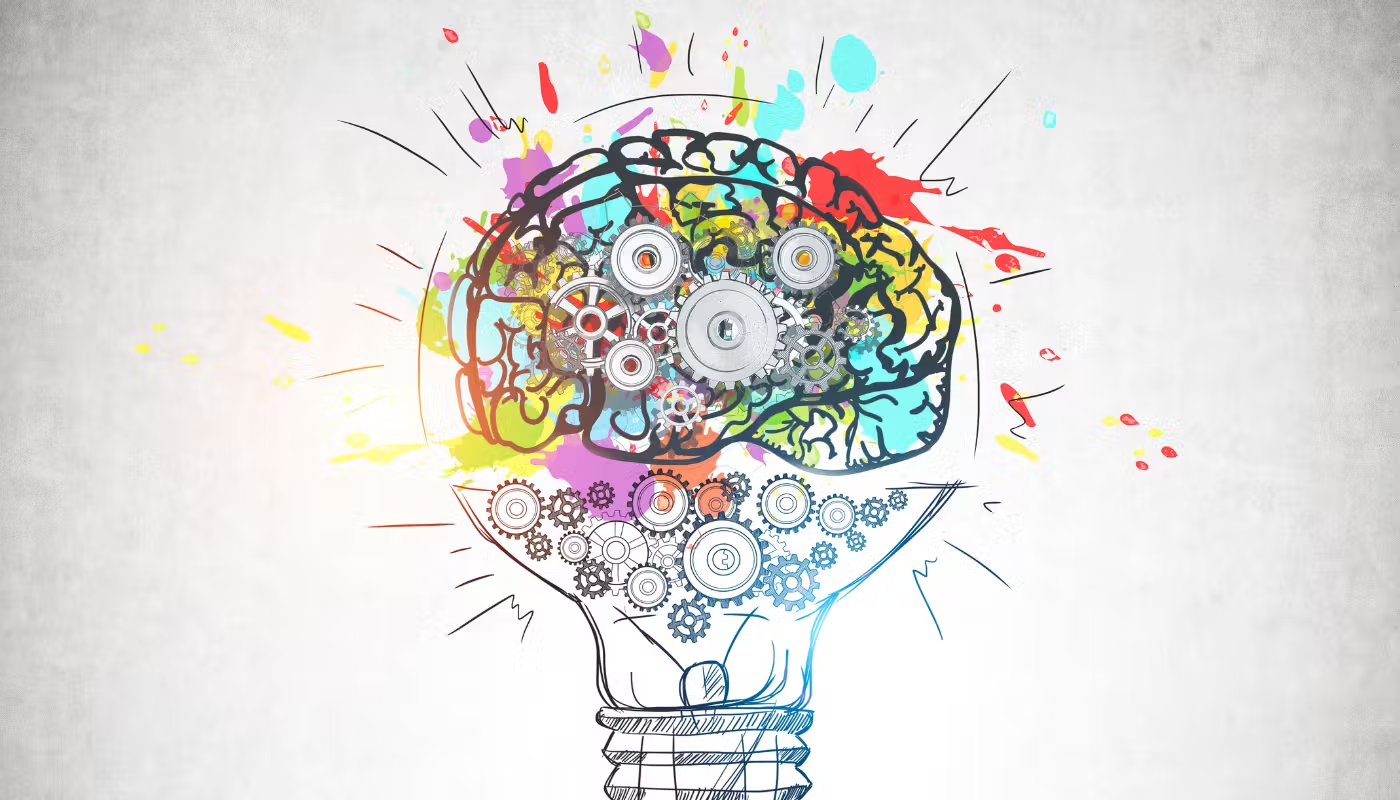Every time you open your wallet, you’re making a financial decision. But it’s more than just deciding between spending or saving — it’s a decision that impacts your long-term wealth, your family’s future, and your financial independence. Let’s break down the two options most people face when making financial decisions:
- Spend Now, Lose Interest:
When you spend your money, whether it’s on daily necessities or big-ticket items, you lose the potential to earn interest on that money. Had you saved it, that dollar could have compounded over time, growing into much more. But once it’s gone, that opportunity disappears — forever. - Borrow Money, Pay Interest:
Alternatively, you might borrow money from a bank or credit provider. In this scenario, you not only have to pay back what you borrowed, but you also pay interest on top of it. From the bank’s perspective, they profit every time you borrow their money, and this profit doesn’t come from nowhere — it comes directly out of your future earnings.
Breaking Families Apart: The Hidden Cost of Debt Dependency
The traditional banking system thrives on making people believe they have no choice but to borrow money and rely on external institutions to meet their financial needs. This cycle of borrowing and repaying, with interest, means that money continually leaves your family and community, and goes into the hands of the banks. This system is designed to create dependence, and over time, it can break families apart by burdening them with financial strain and uncertainty.
When people feel trapped in this system, they become disconnected from the idea of self-reliance and financial control. It perpetuates the idea that we need to rely on others, especially banks, to manage our lives. This disconnect is not just financial; it’s emotional. The stress of managing debt, making ends meet, and worrying about how to fund the future often strains relationships within families, creating tension and breakdowns that impact much more than just the numbers in your bank account.
Taking Back Control
The reality is, every time you spend, you’re either giving up the opportunity to grow your wealth or paying someone else to use theirs. And the longer this continues, the more money flows away from families and communities, into the pockets of large financial institutions.
But it doesn’t have to be that way. By using financial strategies like the Infinite Banking Concept (IBC) and Dividend Paying Participating Whole Life Insurance Policies, you can turn the tables. You can borrow from your own policy, grow your wealth uninterrupted, and stop the cycle of dependence on banks. In doing so, you not only regain control over your money but also build a legacy that strengthens your family and future generations.
Taking control of your finances is not just a personal decision; it’s a choice that can break the cycle of dependence, strengthen families, and build a future that’s free from the financial strain imposed by traditional banking systems.





Leave a Reply